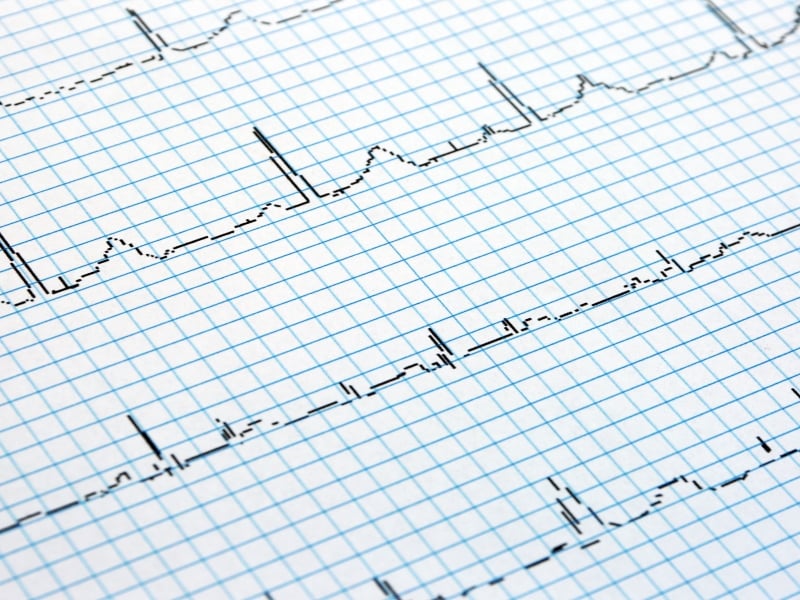Types of congenital heart disease
There are many different types of congenital heart disease, such as:
You may not know what type of congenital heart disease you have, especially if you were diagnosed before you were born, or shortly after. Speak to your doctor about your diagnosis, how best to manage your condition and live well.
Causes of congenital heart disease
In most cases, we don’t know why the heart has not developed normally. Research is looking at the causes of congenital heart disease. You may have an increased risk of congenital heart disease if:
If you’re pregnant and worried about any medicine you’re taking, speak to your doctor or midwife.
Symptoms of congenital heart disease
Most people with congenital heart disease are diagnosed before they’re born. But some people will be diagnosed when they’re a baby, child or adult.
You may not have any symptoms, but if you do it could include:
- fast heartbeat
- shortness of breath
- tiredness
- a blue colour to your skin or lips.
Babies with congenital heart disease may also have trouble feeding. If you’re worried your baby has congenital heart disease, speak to a healthcare professional.
Diagnosing congenital heart disease
Before birth
If your doctor thinks your baby has congenital heart disease after your 20-week scan, they will ask you to have another scan. This will be with:
- an obstetrician (a doctor who specialises in care during pregnancy and childbirth)
- a specialist at a fetal (unborn baby) medicine unit
- a specialist in cardiac (heart) and child medicine.
If your baby has congenital heart disease, you will be referred to a congenital heart disease specialist who will look after you and your baby. They will be able to explain the type of congenital heart disease your baby has, and how to manage it once your baby is born.
Depending on the type of congenital heart disease your baby is diagnosed with, you may also be referred to a children's cardiology service for specialist care.
Many people feel worried or anxious during this time. There is no right or wrong way to deal with these feelings, everyone is different. Speak to your hospital team about support available for you and your child.
It can be difficult to talk to friends and family about your child’s diagnosis and treatment because it feels like they wouldn’t understand. It can help to speak to other people going through a similar experience in our support groups and online community.
After birth
Sometimes congenital heart disease is diagnosed after birth, this is because it’s not always possible to detect a problem during pregnancy scans.
Babies may be diagnosed soon after birth if there are clear symptoms, such as a blue colour to their skin or lips. If they have a heart murmur this can be heard during checks.
However, sometimes congenital heart disease isn’t diagnosed for months or years because some types don’t cause noticeable symptoms. You could be diagnosed as an adult.
If you’re worried about congenital heart disease, speak to your GP. They can assess you, or your child, and talk about your family history. They may make a referral for heart tests, such as an electrocardiogram (ECG) or echocardiogram. These tests are safe and painless, and can help diagnose congenital heart disease. Read more about the tests and what to expect.
If you or your child are diagnosed with congenital heart disease you will be referred to a cardiologist. They will give you information about diagnosis, how to manage the condition and information on living with congenital heart disease.
If your child has congenital heart disease, they may also be referred to a children’s cardiology service for specialist care.
This can be a worrying time, and you may feel anxious and unsure about what to expect. There is no right or wrong way to deal with these feelings, everyone is different. It can help to speak to other people going through a similar experience in our support groups and online community. You can also speak to your hospital team about support available.
Treating congenital heart disease
Treatment for congenital heart disease depends on the type of heart condition you have, and how serious it is.
Many people with congenital heart disease do not need treatment and can live a normal life.
Other people may need treatment, such as medicine, heart surgery or other procedures. Some heart conditions can be treated before you’re born (in the womb). With treatment and regular check-ups, many people live well with a heart condition.
You can discuss your treatment and any questions you have with your healthcare team, as they know about you and your condition.
Living with congenital heart disease
It’s normal to feel anxious after being diagnosed. You may feel worried about your condition and how it will affect your life. Many people live well with a heart condition.
You can talk to your healthcare team about anything. Even things that feel difficult or uncomfortable to talk about. They are there to support you. You may want to ask your doctor about:
- exercising
- diet
- alcohol
- driving
- school or work
- holidays and flying
- sex
- having children
- support available to you.
It’s ok to ask questions, and as you get older the things you want to know can change. It can help to write down questions when you think of them and ask at your next appointment. Having more information can help you to live well with your condition.
As you get older you will move into adult care and see a different team. This may feel a bit daunting at first, and it’s normal to have some questions along the way. Learn how to manage your heart condition as you grow up.
Visit our hub for people living with a congenital heart condition, including information on transitioning to adult care, alcohol and family planning. It may also help to speak to other people living with congenital heart disease.



